PhD’s
A pasion for research
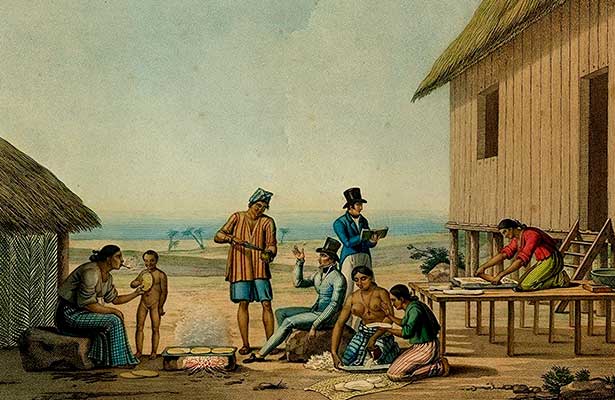
This doctoral thesis analyses the changes and continuities undergone by the eating habits of the inhabitants of the Manislan Mariånas (Western Pacific) during the first century of the Spanish colonial period, a stage that coincides with the establishment and the end of a Jesuit mission in the archipelago (1668 -1769). Through an exhaustive examination of the historical sources of this period, this dissertation identifies the main factors that intervened in the configuration of new eating habits in this colonial context. Whereas most of the previous works devoted to the culinary effects of Spanish colonialism have focused on the American colonies, this thesis provides detailed information about a region, the Pacific, that has received little attention and remains relatively unexplored.
Thesis reading: 28/1/2020
Enrique Moral de Eusebio
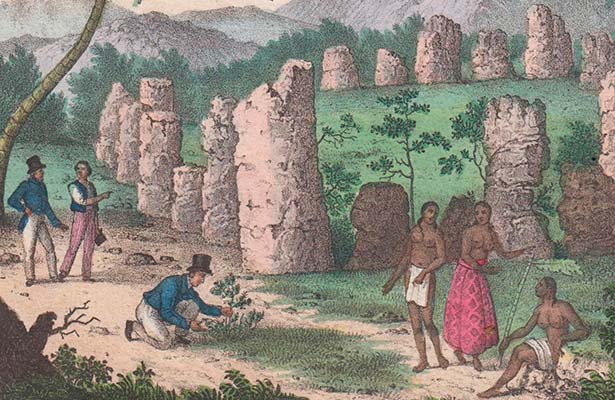
The aim of this research is to explore the role that sexuality played in the Spanish colonization and evangelization of the Manislan Mariånas (western Pacific) between the 16th and 18th centuries. To this end, I will analyze the interactions between power and sexuality, understanding the latter not only as sexual encounters, but also as the institutions that regulated them, such as the native guma’ uritao, the Jesuit schools, the monogamous Catholic marriage, or the Inquisition. This dissertation departs from the hypothesis that, in colonial situations, sexual encounters are not passive phenomena confined to the domestic sphere, but constitute essential structures of colonization.
Thesis reading: 25/2/2022
Carmen Á. Granell
Scrutinizing the materialities of the Mariana Islands (1500 BC – 1898 AD): transgenerational learning as a historical dynamic of communitarian re-existence.
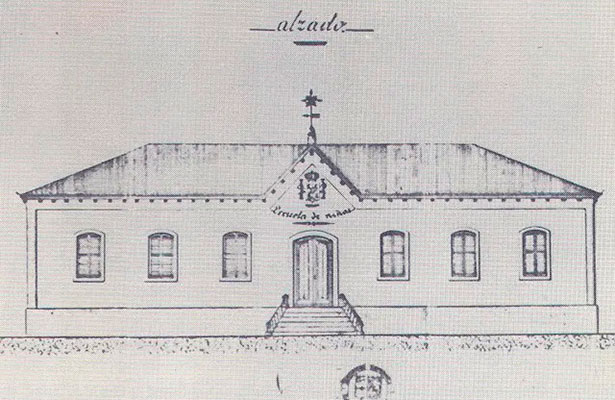
The aim of this research is to evaluate the role of transgenerational learning as a historical dynamic of community re-existence.
For this, the research will interpret the changes and continuities in the learning practices of the younger age groups who inhabited the Manislan Mariånas between 1500 BC and 1898 AD. This interpretation will be possible thanks to the systematic and interdisciplinary analysis of the historiography, the archaeological record and the written sources.
This analysis leads to contrast the following hypotheses: [1] the Jesuit (1668-1767) and Capuchin (1774-1898) schooling projects, which occurred during the Spanish colonial period of the Marian archipelago (1668–1898), involved the implementation of an ageist and ableist social order; [2] the dynamics of transgenerational learning, in colonial situations, become in dynamics of community re-existence; and, finally, [3] the research processes to contrast hypotheses 1 and 2 can be materialized in a didactic resource for Spanish Compulsory Secondary Education and therefore mediate in the processes of historical repair of the colonialism of a former metropolis.
Thesis reading: 28/2/2025
Yvonne R. Ramirez Corredor
Dynamics of space construction during La Reducción in the Mariana Islands.
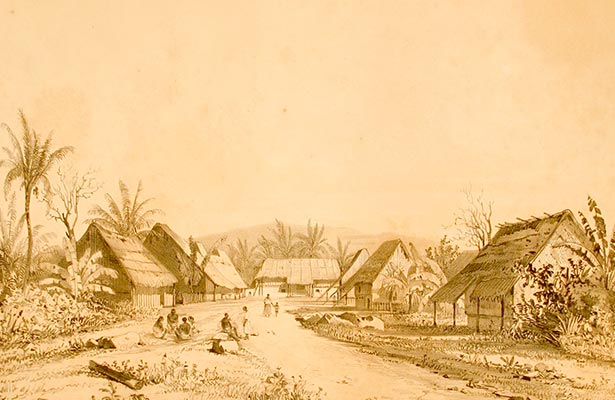
This research aims to investigate how space was constructed, used and organized during La Reducción in the Marianas archipelago. I will analyze the changes and continuities of the colonial space in the different reducciones; its organization, distribution and daily life, investigating the dynamics and evolution of domestic and public spaces in relation to gender.
Matilde Carbajo Usano
Illness and ailment: changes and continuities in healing practices and public health in the Mariana Islands (Western Pacific) (900AD – 1989AD)
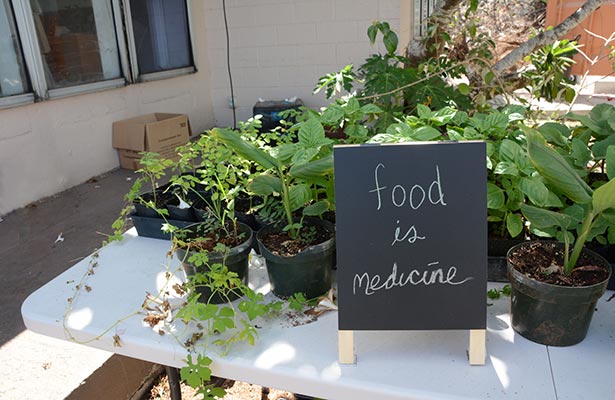
This research explores the changes and continuities in the healing practices of Chamorro society after Guåhån was incorporated by the colonial network of the Spanish empire. It studies the spheres of wellness and illness from the 9th to the 19th centuries. The study draws form the premise that colonial policies profoundly affected the Latte health practices, grounded in a different understanding of the world and the human being. Special focus is placed on specialised healers (makåhnas), ethnobotanical practices, community well-being rites, and non-specialised healing practices that fall into the category of maintenance activities.
Noelia V. Rodríguez
Gazes from and towards the ocean in the Mariana Islands (Western Pacific). Perceptions, representations and appropriations in the context of Spanish contact and colonisation (1521-1898).
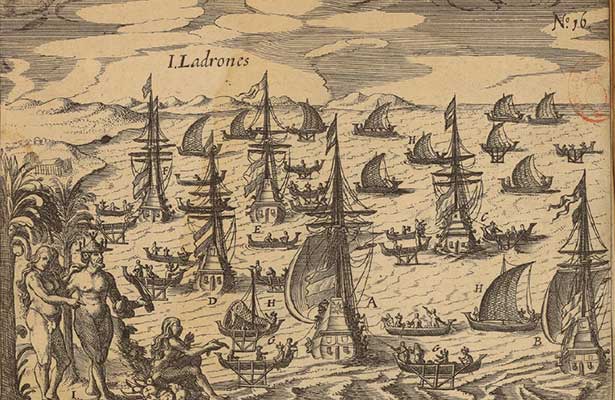
The objective of this research is to analyse the impact produced by the Spanish conquest and colonisation of the Mariana Islands, especially the impact on the island of Guam in the period between 1521 and 1898. In order to achieve this objective, sea perceptions, feelings and representations, and the manmade procedures for its appropriation will be analyzed. It will also be studied the islands as a port, settlement and contact network. Furthermore, particular emphasis will be placed on the impact of the establishment of such colonial maritime network and the changes related with the sea.
Enric Castillo Hidalgo
The colonization and (re)colonization of the Marianas Islands: Comparative study about the colonization process and the effects in the islands and the chamorro people.
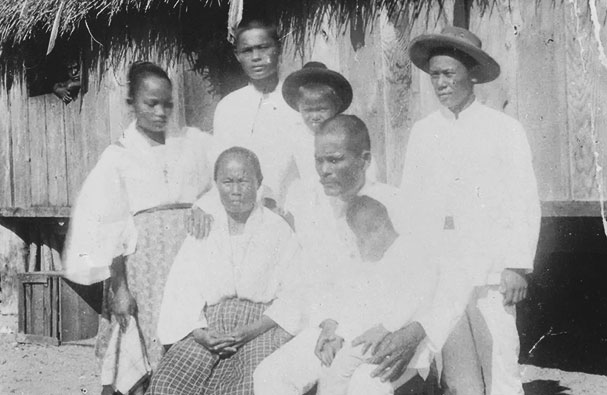
The aim of this thesis is to investigate and delve deeper into the colonial processes that took place in the Mariana Islands. To observe how they occurred, why they occurred and how they affected the colonised population. Likewise, to analyse the processes of assimilation, acculturation and the view of the other from the perspective of the colonial agents, investigating the social and cultural changes that took place after the arrival of the colonising powers.
